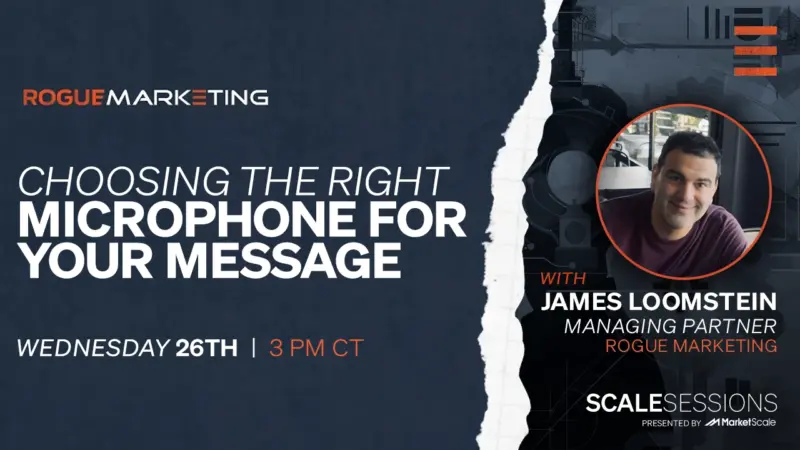Dig Your Heels In: A Working Women’s Series with Megan MacDonald
We’ve all had moments when we feel doubt in ourselves, education, experience, and accomplishments. This is known as imposter syndrome, and unfortunately, many female leaders and professional women struggle with imposter syndrome. Megan MacDonald is now a C-Suite executive at Hello Alice, and with solid mentorship, she developed faith in herself. MacDonald’s background focused on business growth and development but was rooted in a holistic marketing approach. Today, she is the Chief Strategy Officer at Hello Alice, a female lead company co-founded by two women.
A 2022 study published by Statista determined the share of companies in the United States with female CEOs increased from 1.6 percent to 4.9 percent from 2004 to 2018. While there’s been growth, there’s still room for improvement. MacDonald says, “It’s a little daunting and inspiring in that there’s so much opportunity to drive change.” She sees it as an opportunity to educate and empower both women and men. With these numbers in mind, she’s challenging herself to be the best leader she can be and create opportunities for women to join her at the top.
These stats highlight that the battle for true equality is ongoing. While imposter syndrome disproportionately affects high-achieving people, a KPMG study found that seventy-five percent of executive women report having personally experienced imposter syndrome at specific points in their careers. Unfortunately, nearly half (47%) of executive women say that their feelings of self-doubt result from never expecting to reach the level of success they have achieved.
MacDonald is familiar with imposter syndrome. “There were so many times early in my career… I had this feeling that said, ‘you’re probably not right, who are you to know the answer to that, or who are you to know better,’” says MacDonald. She questioned her strategies and remained in the background.
“With mentors and people who give you opportunities to step up and lean in, it builds confidence,” says MacDonald. As soon as MacDonald started working, she started building mentorship relationships. “I sought and found women in the organization and where I worked.”
With the advice of a mentor, MacDonald went back to school. She started to use data to drive recommendations, action, and strategies. Mentorship remained a thread throughout her career. “Those mentors were at all levels, in all different roles where I worked,” said MacDonald. Thanks to role models, MacDonald developed what she calls the ‘sweet spot’ of her career success.
For MacDonald, this sweet spot is a combination of education and intuition. She says, “data plus yourself, plus anchoring into the best interest of your consumer and your organization,” is where she operates at an optimum level. Building confidence also means that MacDonald can pivot and still move forward when she isn’t on the right path with an idea.
The KPMG study also found that eighty-one percent believe they put more pressure on themselves not to fail than men do. If imposter syndrome is the sister of a fear of failure, then there is power in embracing being wrong and knowing that initial plans can pivot as needed. “Build the confidence over time that even if [your ideas] are not right, you can move forward,” says MacDonald. MacDonald refers to it as “fail forward.” “There’s power in removing that fear of failure or being wrong.” Once that fear is shaken, MacDonald feels that female professionals can act and work more authentically “rather than worrying about the role they need to play,” says MacDonald.







